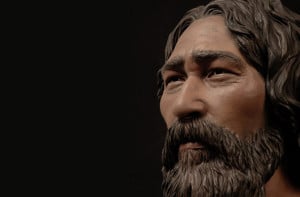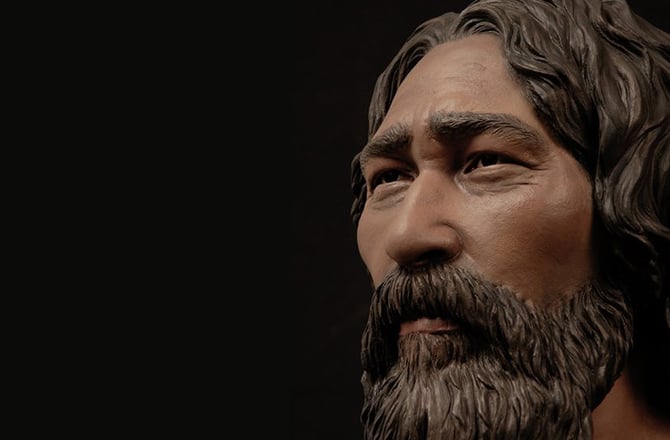
A new study using DNA technology found an 8,500-year-old skeleton from Kennewick, Washington to be closely related to Native Americans, refuting a previous study that concluded it was Japanese or Polynesian.
“It can be summed up very simply that the Kennewick Man is genetically Native American,” said Morten Rasmussen, Stanford postdoctoral scholar and lead author of the study.
The study was published on Thursday, June 18 in science journal “Nature” and was conducted by scientists from the Stanford University School of Medicine and the University of Copenhagen. Researchers were able to extract and analyze the Kennewick Man’s DNA and then compare it with that of various ethnic groups.
“Advances in DNA sequencing technology have given us important new tools for studying the great human diasporas and the history of indigenous populations,” said Carlos Bustamante, Stanford professor of genetics, in an article by the Stanford School of Medicine. “Now we are seeing its adoption in new areas, including forensics and archeology.”
However, Rasmussen noted that, despite new technologies, DNA extraction still is not easy.
“The amount of usable DNA that we had in the sample was very low, at around one percent,” Rasmussen said. “The sample had been in the soil for several thousand years, so now there are mostly soil bacteria and other environmental DNA in the sample, which is quite common for ancient DNA.”
The study’s findings could help support the Native American groups who believe the Kennewick Man’s remains are those of an ancient relative. In 2004, five Native American tribes of the Pacific Northwest requested that the Kennewick Man be returned to them under a 1990 federal law that required the return of Native American cultural items, including human remains, to respective Native American groups. However, their request was rejected on the basis that there was no evidence linking the man to Native Americans.
“The [study’s findings] agree with the Native American oral history,” Rasmussen said. “But whether the findings will change anything legally, we will leave that up to the lawyers to figure out.”
Contact James Noh at nohmailbox ‘at’ gmail.com.
